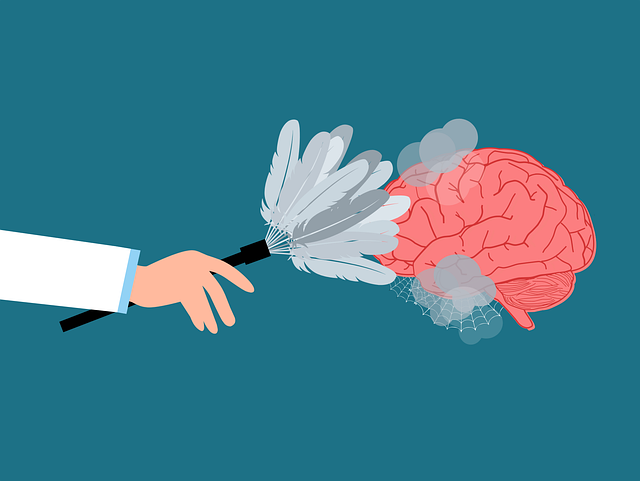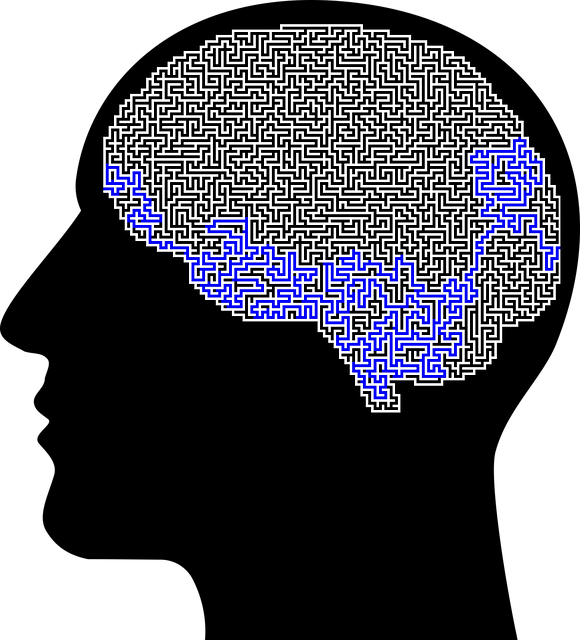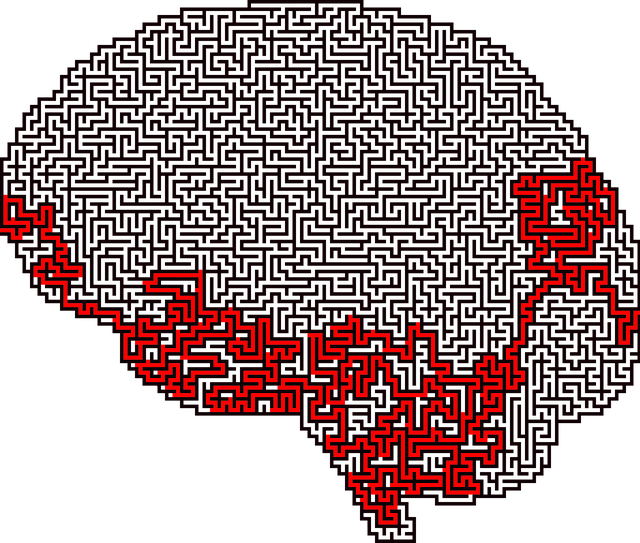Mental wellness coaching programs, enriched by Greenwood Village Cognitive Processing Therapy (GVCPT), empower individuals through evidence-based techniques. Coaches help clients develop emotional intelligence, challenge negative thought patterns, and build resilience. Cultural competency training ensures accessibility for diverse populations. Integrating GVCPT with mindfulness meditation and awareness campaigns creates holistic interventions tailored to individual needs, leading to improved well-being and life satisfaction.
Mental wellness coaching programs have emerged as powerful tools for personal growth and resilience. This article explores the development of effective mental health coaching, providing insights into key components that contribute to success. We begin by understanding the fundamentals of mental wellness coaching, including its unique role in supporting individuals. Subsequently, we delve into integrating evidence-based practices like Greenwood Village Cognitive Processing Therapy, enhancing coaching effectiveness. Finally, we offer a guide to designing and implementing comprehensive programs tailored for optimal mental wellness outcomes.
- Understanding Mental Wellness Coaching: A Foundation for Effective Programs
- Integrating Greenwood Village Cognitive Processing Therapy into Coaching Practices
- Designing and Implementing Comprehensive Mental Wellness Coaching Programs
Understanding Mental Wellness Coaching: A Foundation for Effective Programs

Mental wellness coaching programs are designed to support individuals in enhancing their emotional well-being and cultivating resilience. At the heart of this approach lies a profound understanding of human cognition, behavior, and emotion, often drawing from evidence-based therapies like Greenwood Village Cognitive Processing Therapy. This therapeutic framework encourages clients to explore and challenge negative thought patterns and beliefs, fostering a healthier relationship with themselves and their experiences.
Effective mental wellness coaching goes beyond mere problem-solving; it involves cultivating emotional intelligence—the ability to recognize and manage one’s own emotions and understand the emotions of others. By integrating Emotional Healing Processes, coaches help clients develop coping strategies tailored to their unique needs, thereby promoting personal growth and improved quality of life. Moreover, healthcare provider cultural competency training plays a vital role in ensuring that coaching programs are inclusive and accessible to diverse populations, reflecting the evolving landscape of mental health care.
Integrating Greenwood Village Cognitive Processing Therapy into Coaching Practices

Incorporating Greenwood Village Cognitive Processing Therapy (GVCPT) into coaching practices offers a powerful approach to enhancing mental wellness. This evidence-based therapy focuses on identifying and modifying unhelpful thought patterns, thereby reducing symptoms of anxiety and depression. By integrating GVCPT techniques, coaches can empower clients to develop effective coping skills and strengthen their ability to manage stress. Through structured exercises and tailored strategies, individuals learn to challenge negative thoughts and adopt healthier cognitive processes.
This integration benefits coaching sessions by providing a framework for self-care practices that extend beyond the duration of the therapy. Clients equipped with GVCPT tools can better navigate challenges, fostering resilience and emotional regulation. By teaching clients to recognize and reframe their thoughts, coaches facilitate a profound shift in perspective, leading to improved overall well-being and enhanced life satisfaction.
Designing and Implementing Comprehensive Mental Wellness Coaching Programs

In designing mental wellness coaching programs, a holistic approach is essential to address diverse individual needs. Greenwood Village Cognitive Processing Therapy (GCPT) serves as a powerful framework for coaches to develop effective interventions. By integrating GCPT techniques with other evidence-based practices, such as Mindfulness Meditation and coping skills development through public awareness campaigns, comprehensive programs can be tailored to enhance mental resilience.
Implementing these programs requires careful planning, including identifying target populations, setting realistic goals, and selecting appropriate coaching methods. Coaches play a pivotal role in guiding individuals through self-reflection exercises, teaching mindfulness practices, and offering strategies for managing stress and emotional challenges. Regular monitoring and evaluation ensure the program’s effectiveness, allowing for adjustments to meet the unique requirements of each participant.
Mental wellness coaching programs, enriched by evidence-based techniques like Greenwood Village Cognitive Processing Therapy, have evolved into powerful tools for fostering resilience and well-being. By integrating comprehensive practices and tailoring them to individual needs, coaches can create transformative experiences that address the unique mental health challenges of today’s world. Through continuous development and a commitment to best practices, these programs hold promise in empowering individuals to lead happier, more fulfilling lives.














